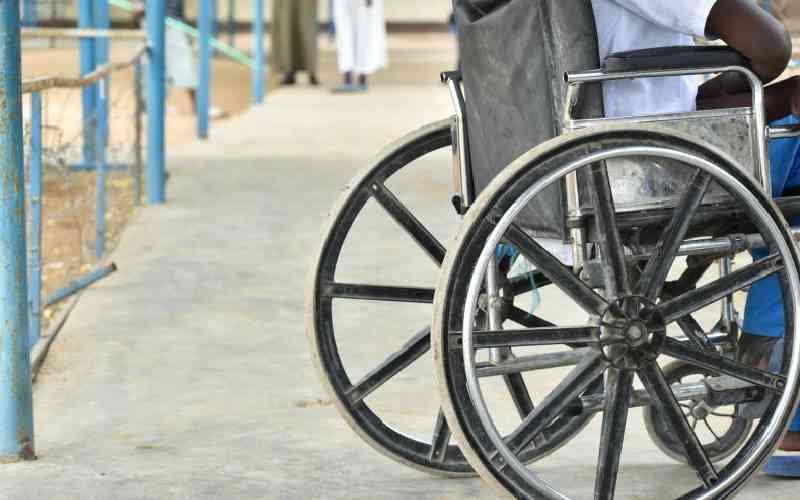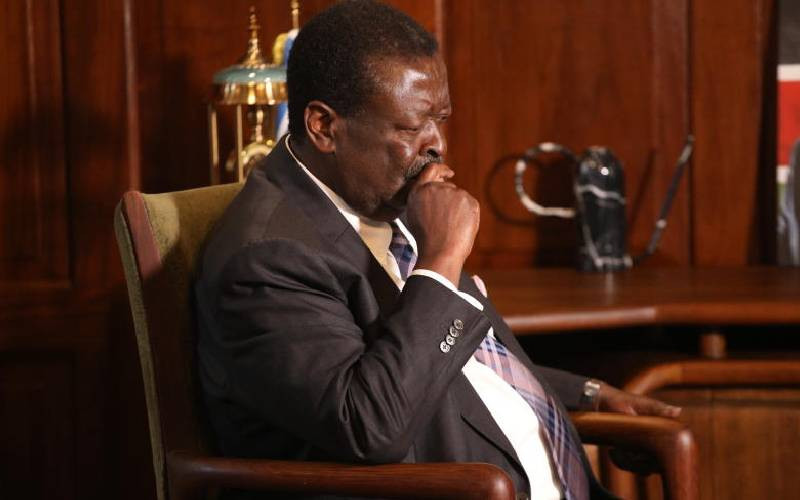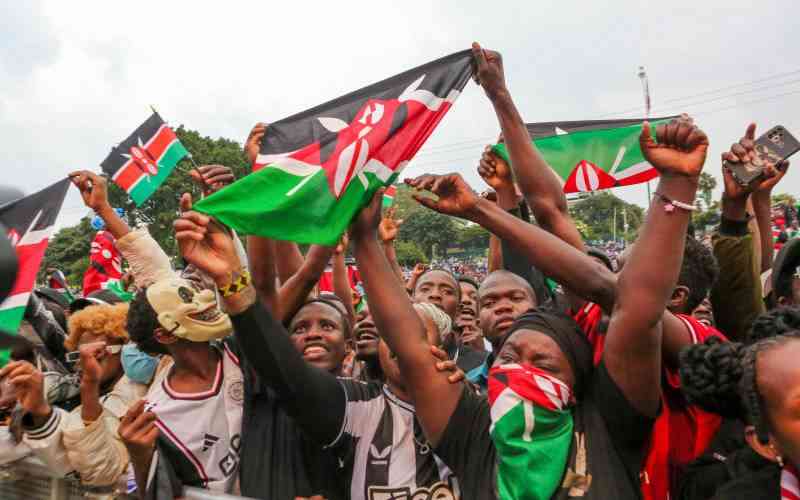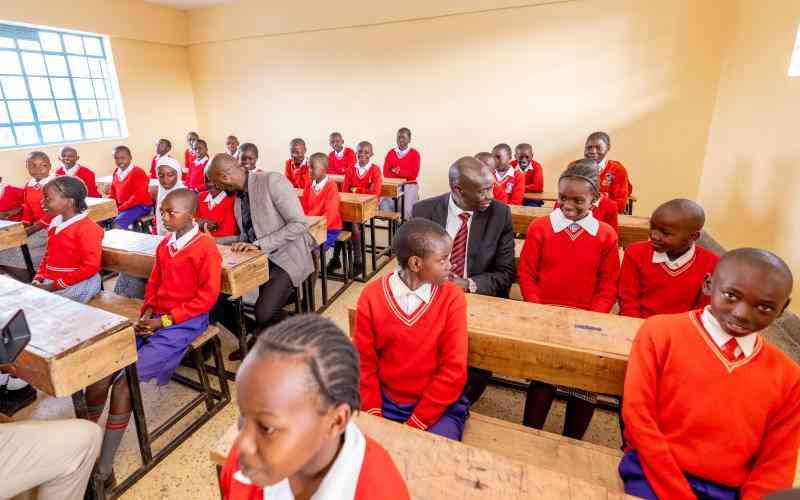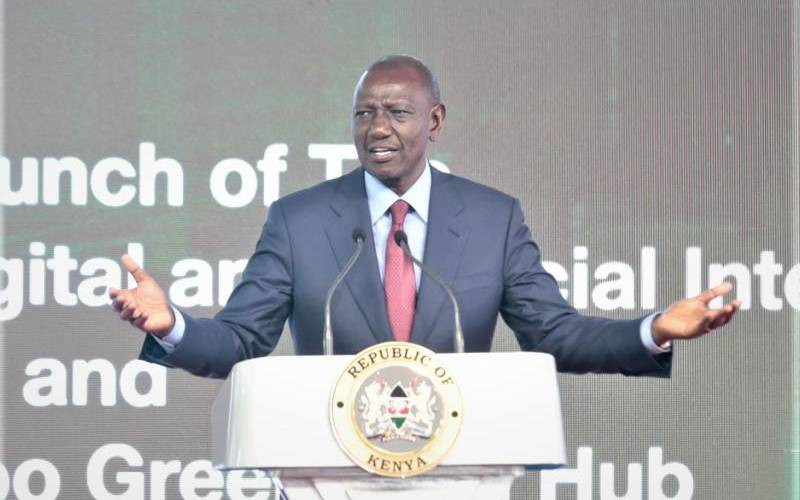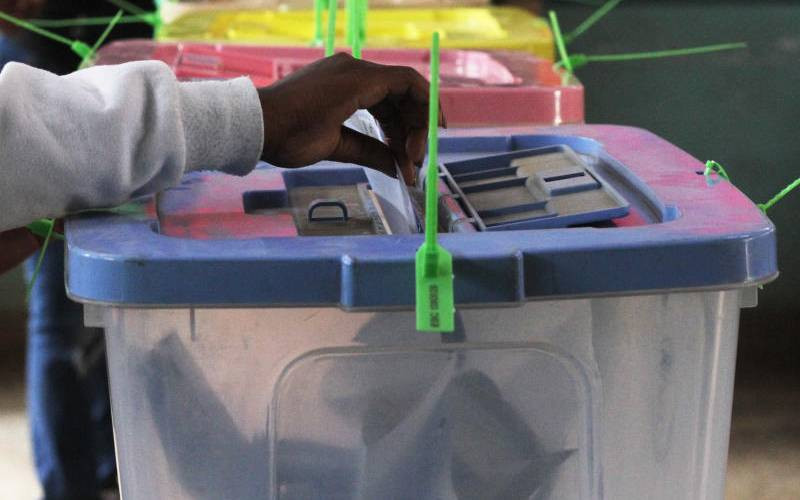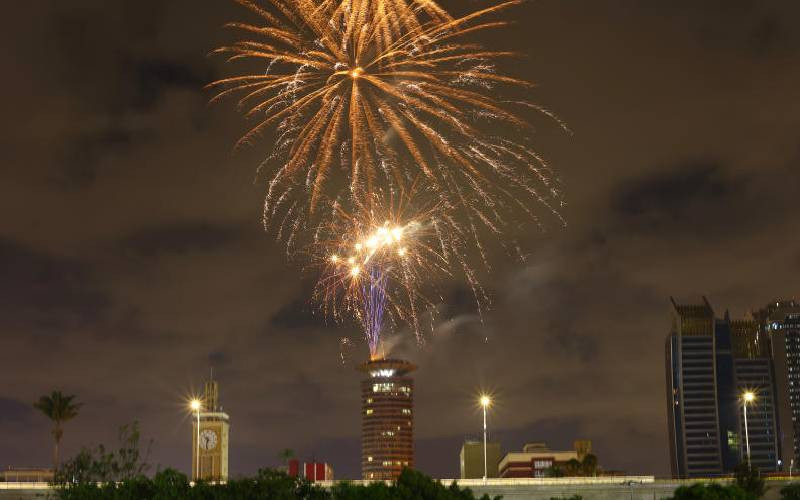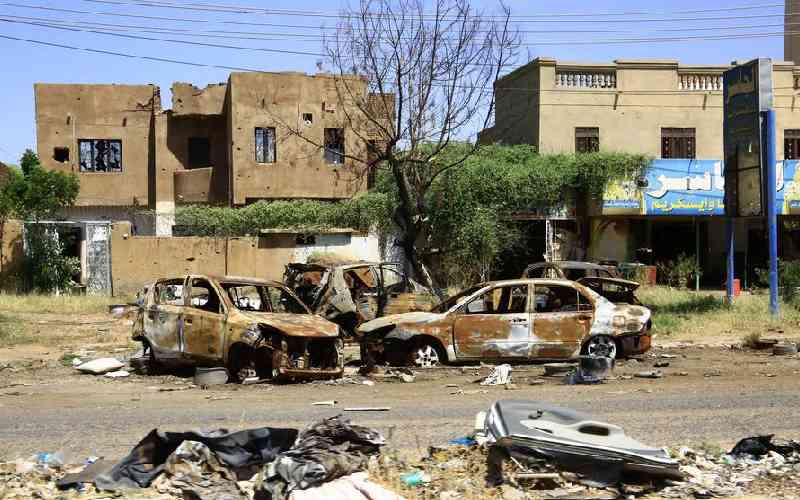
The ongoing conflict in Sudan, particularly the violent power struggle between General Abdel Fattah al-Burhan and Mohamed Hamdan Dagalo, known as Hemedti, poses significant challenges for neighbouring countries, including Kenya.
While the East African governments must navigate complex regional dynamics, it would be strategically beneficial for them to support Dagalo in this conflict. This position is rooted in considerations of regional stability, humanitarian concerns, and the promotion of a more democratic Sudan. Among East African countries, Kenya already took the first step early this year when President William Ruto met and hosted Hemedti to warm reception. In retaliation, Sudan Foreign Affairs Minister Ali Al-Sadiq announced that the country had recalled its ambassador, Kamal Gubara, to Kenya in protest against the meeting.
Kenya has already chosen sides in the conflict and it’s the right side to be since it’s the only way to be part of efforts to find a peaceful settlement to the nearly two-year-old Sudan conflict. President William who chairs Igad Quartet Heads of State and Government has in the past been quoted to say that Sudan Armed Forces and the Rapid Support Forces must have a ceasefire, to give way for talks and also agree to establish a humanitarian zone. This, he points out, will lead to the resumption of the final phase of the political process.
The Sudanese war has led to an appalling humanitarian crisis, with millions displaced and thousands killed. Hemedti’s Rapid Support Forces (RSF), despite their controversial origins, have positioned themselves as defenders of civilian interests that stand for protecting civilians and providing humanitarian assistance. Given the historical context of both leaders, backing Dagalo may resonate more positively with the Sudanese populace, who have expressed a desire for a transition from military to civilian rule.
Sudan has long been an important trading partner for Kenya. The current conflict jeopardises not only the Sudanese economy but also the economic ties that Kenya has cultivated over the years. That’s why the meeting between President Ruto and Dagalo could lead to a quicker resolution to the conflict. This, in turn, would allow for the resumption of trade routes and economic activities that benefit both countries.
Within East Africa, Kenya has positioned itself as a leader, often taking the initiative in regional peacekeeping and diplomatic efforts. Mediation to end the conflict enhances Kenya’s role as a mediator and influencer in Sudanese affairs. By aligning with a leader who has expressed a willingness to engage in dialogue, Kenya has already strengthened its diplomatic ties and credibility within the region.
Even though Dagalo’s RSF has its origins in the paramilitary context, he has signaled a desire for a transition to a more civilian-led government in Sudan. Supporting Dagalo could be interpreted as a commitment to encouraging this transition, aligning with Kenya’s own democratic values. By backing a leader who is open to reforms and civil governance, East African countries can reinforce their support for democratic processes in the region, sending a message that military rule is not the path forward.
On the other hand, General Burhan is not a newcomer to Sudan’s political turmoil. He played a significant role in the military coup that ousted the transitional government in October 2021, which had sought to bring civilian rule after the ousting of longtime dictator Omar al-Bashir in 2019.
- South Sudan's vaccination rollout, big boost for Kenya
Keep Reading
As members of the African Union (AU) and the East African Community (EAC), Sudan’s neighbours have a responsibility to uphold the principles of peace and security in Africa. Supporting Burhan could be viewed as a betrayal of these ideals, particularly given the AU’s stance on promoting democratic governance and civilian rule.
Moses Gar Gar is a resident of Juba and a public policy expert
 The Standard Group Plc is a multi-media organization with investments in media platforms spanning newspaper print
operations, television, radio broadcasting, digital and online services. The Standard Group is recognized as a
leading multi-media house in Kenya with a key influence in matters of national and international interest.
The Standard Group Plc is a multi-media organization with investments in media platforms spanning newspaper print
operations, television, radio broadcasting, digital and online services. The Standard Group is recognized as a
leading multi-media house in Kenya with a key influence in matters of national and international interest.

